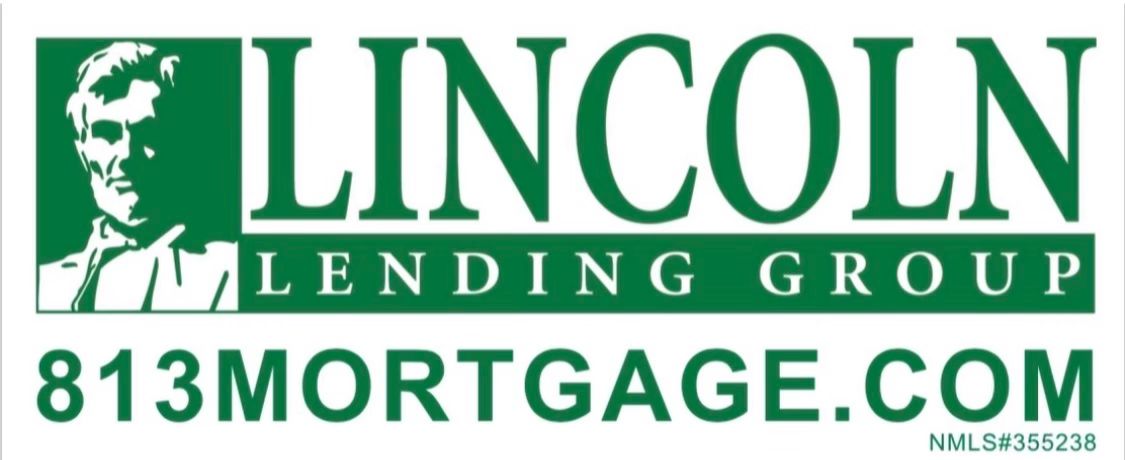Ready to learn
how a Reverse
Mortgage can benefit You?
Start by watching this video:
Click Below To Request A Call To Discuss Your Reverse Mortgage Qualifications
The short videos below will provide you with some
great Reverse Mortgage Information
Frequently Asked Questions and Debunked Myths about Reverse Mortgages
A Reverse Mortgage is the same as any other regular mortgage. You will be on title to your home and the bank has no ownership in your home.
No. You still own your home. A Reverse Mortgage requires qualification on the younger of the two individuals potentially living in the home. Both of you will be able to live there until you die. ** This rule was not in effect prior to 2014. This is why you may have heard horror stories of people losing their homes on older Reverse Mortgage loans.
No. Anyone with enough equity can qualify for a Reverse Mortgage. If you have a mortgage when you choose to refinance into a Reverse Mortgage, the existing mortgage loan gets paid off with the new Reverse Mortgage.
Yes. A Reverse Mortgage is just a regular mortgage where you are deferring the interest of the mortgage onto the principal balance. You still own the home and you can still sell the house, refinance the house, or leave the house to your family when you are gone. If there is equity left in your house when you and your partner are gone, the equity goes to your family just like any other mortgaged home.
No. A Reverse Mortgage is a non-recourse loan, which means it doesn’t matter what assets you have or whether or not you’re underwater. Your family will receive their inheritance and your house if you wish to leave to them. The mortgage company has nothing to do with your assets or your inheritance that you want to leave to your family when you're gone.
No, absolutely not. Your family will never owe anything. A Reverse Mortgage is a non-recourse mortgage. For example, my own grandmother had assets to give to the family and her house was underwater with the Reverse Mortgage. We signed the house over to the bank and did not owe them anything, even though she was upside down by $60,000. All of her assets were still distributed to the family through her will just like any other death/inheritance.
Yes
A Reverse Mortgage is the exact opposite of a regular mortgage. Instead of making monthly payments every month where your principal goes down after your interest is paid, you pay no principal and interest out of your pocket. However, there is still interest due on the mortgage every month, which is simply deferred to your principal balance. You will never make a payment out of your pocket for the rest of your life for principal or interest. The interest is added to your principal balance every single month so every month your balance will go up. However, regardless of how long you live or how much equity is in the house you and your spouse will always get to live there for the rest of your lives without making any out of pocket payments except for taxes and insurance

